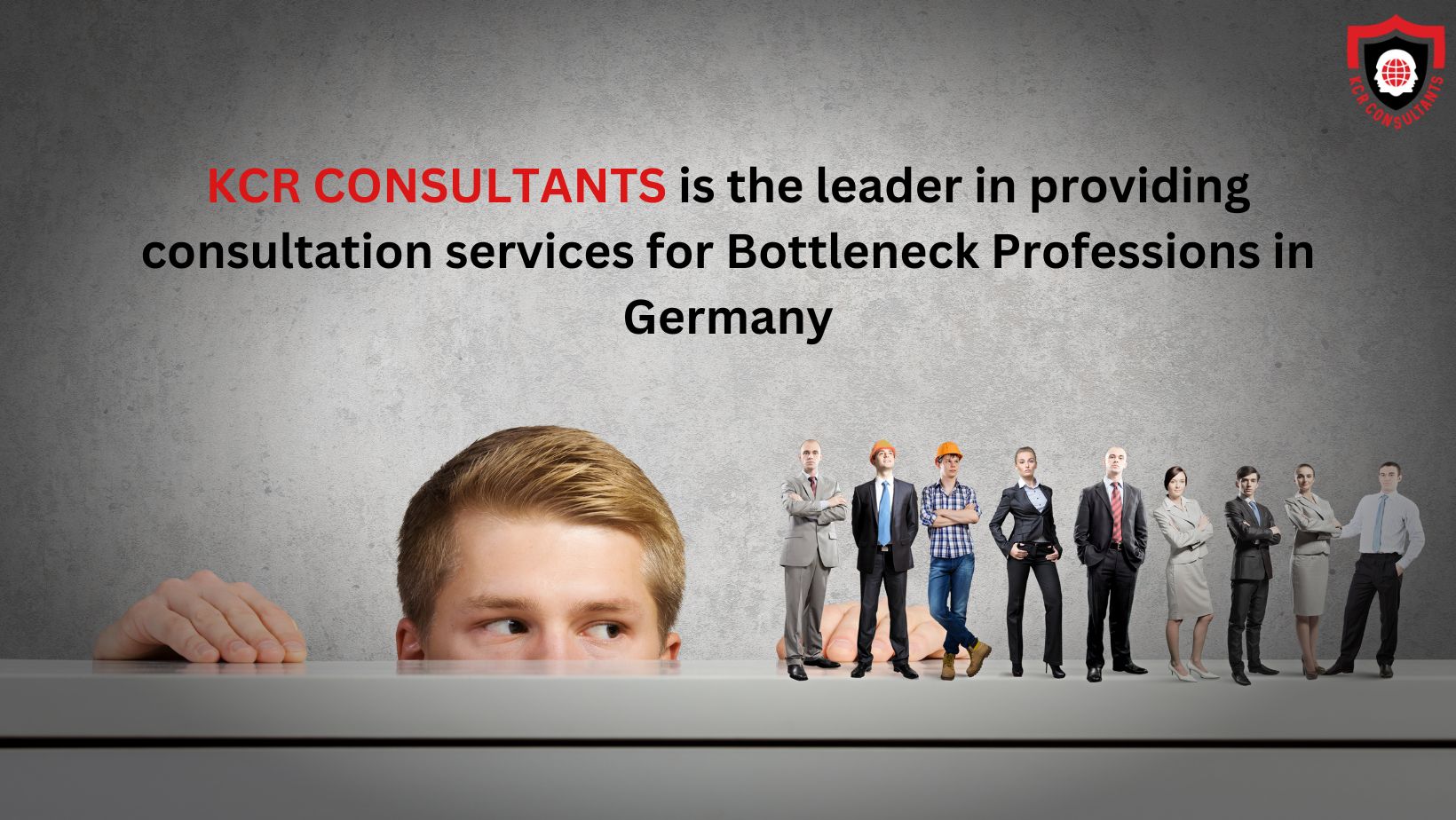Explore Bottleneck Professions in Germany: Your Path to a Thriving Career
Germany is known for its strong economy, advanced technology, and high quality of life. But did you know that it also has several bottleneck professions? These careers have a high demand for skilled workers, but more qualified professionals are needed to fill the roles. For anyone looking to build a stable and prosperous career, bottleneck professions in Germany offer excellent opportunities.
What Are Bottleneck Professions?
Bottleneck professions, also known as shortage occupations, refer to job sectors with more vacancies than skilled workers to fill them. This shortage can be due to various factors, such as an aging population, technological advancements, or changes in industry needs. As a result, these professions are highly valued, and there are numerous incentives for skilled workers to enter them.
Why Consider a Career in a Bottleneck Profession?
Choosing a career in a bottleneck profession can be a smart move for several reasons:
- The enormous demand for skilled workers in the mentioned fields often means higher salaries. Employers are willing to pay more to retain the right talent.
- Job security is typically higher in bottleneck professions because of the ongoing need for skilled professionals.
- Many of these professions offer opportunities for career growth and advancement.
Germany, in particular, has a well-structured vocational training system known as Ausbildung, designed to prepare individuals for bottleneck professions. Through Ausbildung, students receive both theoretical education and practical training, making them highly qualified for these in-demand roles.
Examples of Bottleneck Professions in Germany
Several industries in Germany face significant bottlenecks. Here are some of the most notable ones:
- Healthcare Sector
The healthcare sector is one of the most critical bottleneck professions in Germany. With Germany’s aging population, the demand for healthcare professionals, including doctors, nurses, and elderly care specialists, is rising. There is a constant need for skilled workers who can provide quality care to patients. For those interested in the medical field, pursuing a career in healthcare through Ausbildung or higher education is a promising option.
- Engineering and Technical Fields
Germany is known for its engineering prowess, but there is a growing need for more engineers and technical professionals. Areas like mechanical engineering, electrical engineering, and IT are experiencing significant bottlenecks. As the industries evolve and new technologies emerge, the demand for such skilled engineers and technicians is expected to grow. Careers in these fields offer excellent job prospects, competitive salaries, and opportunities for innovation.
- Skilled Trades
Skilled trades, including construction, plumbing, and electrical work, are also experiencing bottlenecks in Germany. The country’s focus on infrastructure development and sustainable energy has increased the demand for workers in these fields. Ausbildung programs for skilled trades provide hands-on training and direct pathways to well-paying jobs. A career in skilled trades is rewarding for those who enjoy working with their hands and solving practical problems.
- Information Technology (IT)
The IT sector is rapidly expanding, and Germany is no exception. With businesses digitalizing and Industry 4.0 rising, there is a growing need for IT professionals. Software developers, cybersecurity experts, and data analysts are just a few examples of bottleneck professions within the IT sector. A career in IT offers high earning potential and allows for flexibility and remote work opportunities.
How to Pursue a Career in a Bottleneck Profession
If you’re interested in pursuing a career in a bottleneck profession, there are several pathways you can take:
- Vocational Training (Ausbildung): Germany’s Ausbildung system is one of the best ways to enter a bottleneck profession. These programs combine classroom education with on-the-job training, ensuring students gain the skills and experience to succeed.
- Higher Education: For occupations that require a university degree, Germany offers a wide range of programs in fields such as engineering, IT, and healthcare.
- Skilled Worker Immigration: Germany has introduced the Skilled Workers Immigration Act, which makes it easier for qualified professionals from outside the EU to work in bottleneck professions in Germany. It is an excellent opportunity for skilled workers looking to move to Germany and build a career in a high-demand field.
Benefits of Working in a Bottleneck Profession in Germany
Working in a bottleneck profession in Germany comes with numerous benefits. These include:
- High Demand: With a vast shortage of skilled workers, you can expect to find job opportunities quickly.
- Attractive Salaries: Employers are willing to offer competitive salaries to attract the right talent.
- Job Security: The ongoing demand for skilled workers ensures long-term job stability.
- Career Growth: Many bottleneck professions provide clear career advancement and professional development paths.
Conclusion
Bottleneck professions in Germany present a unique opportunity for those looking to build a successful and secure career. Whether you’re interested in healthcare, engineering, skilled trades, or IT, there are numerous pathways to enter these high-demand fields.
Explore your options today and consider a career in one of Germany’s bottleneck professions. The demand is high, and the rewards are substantial!










